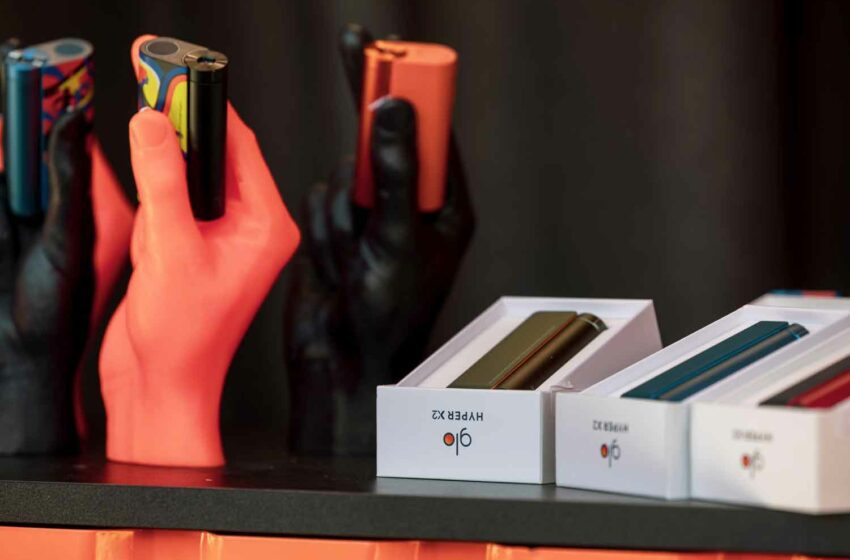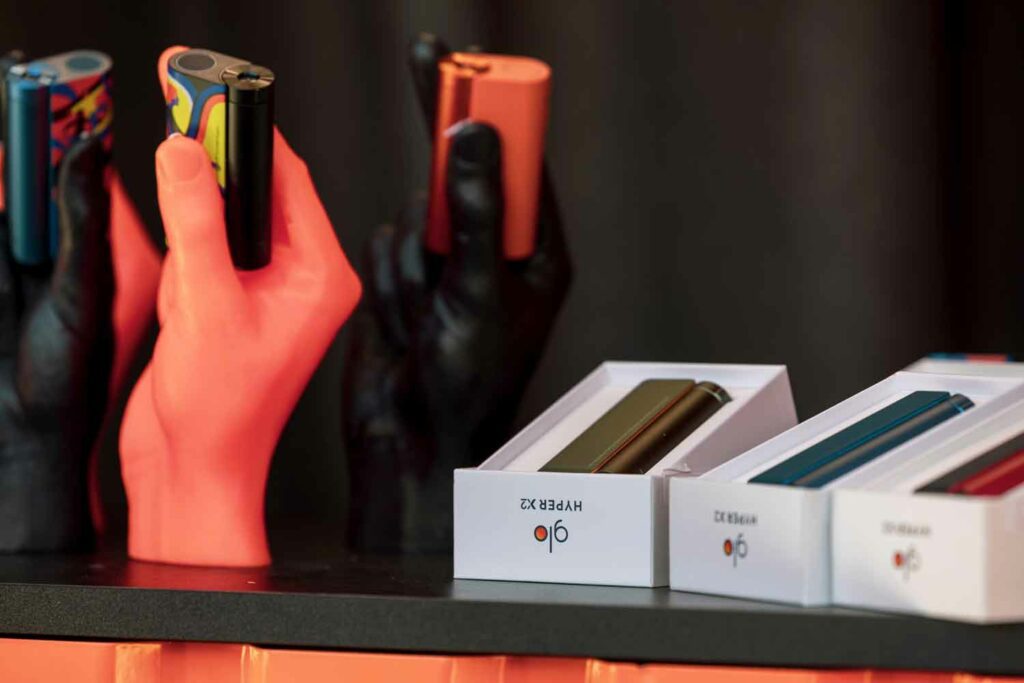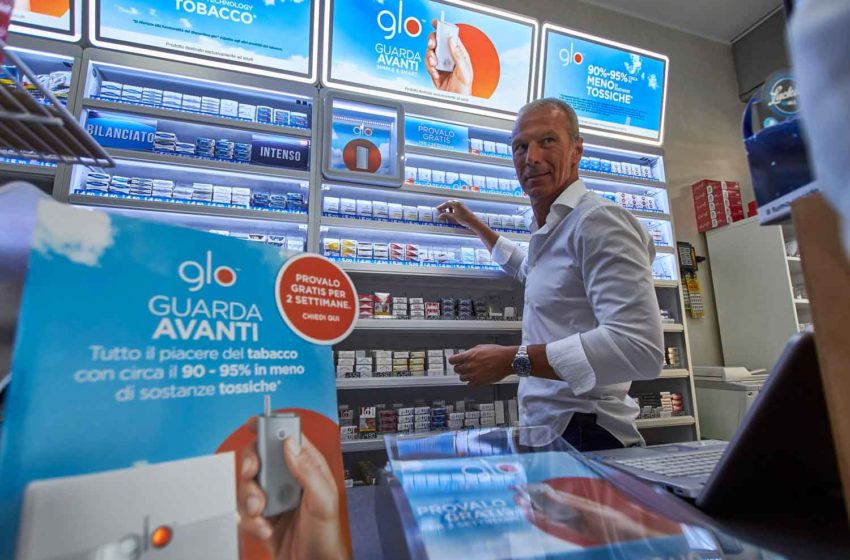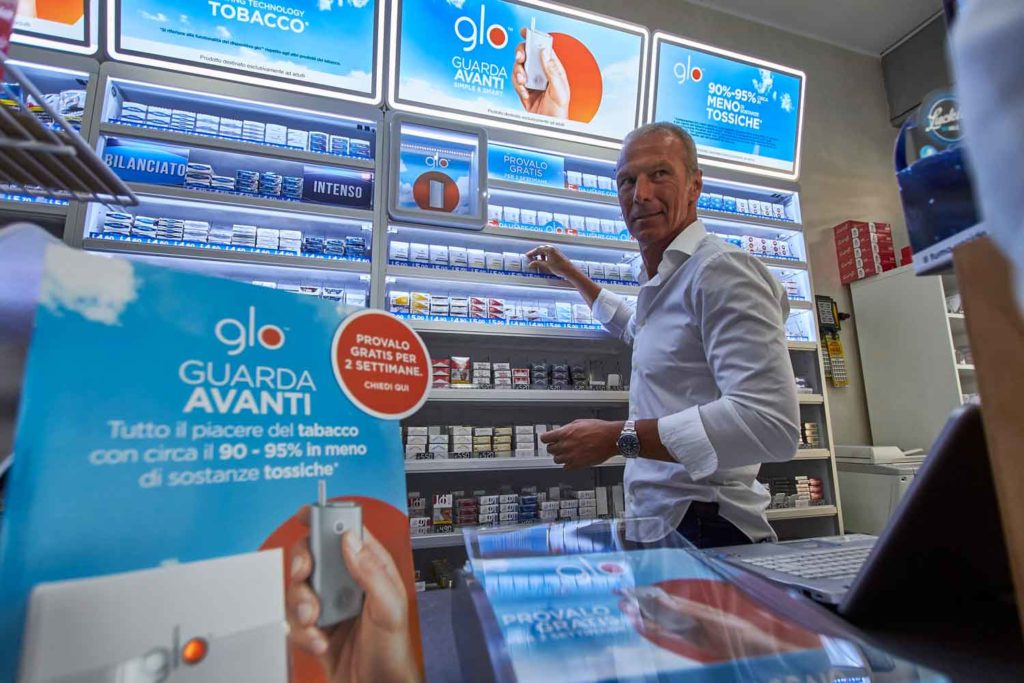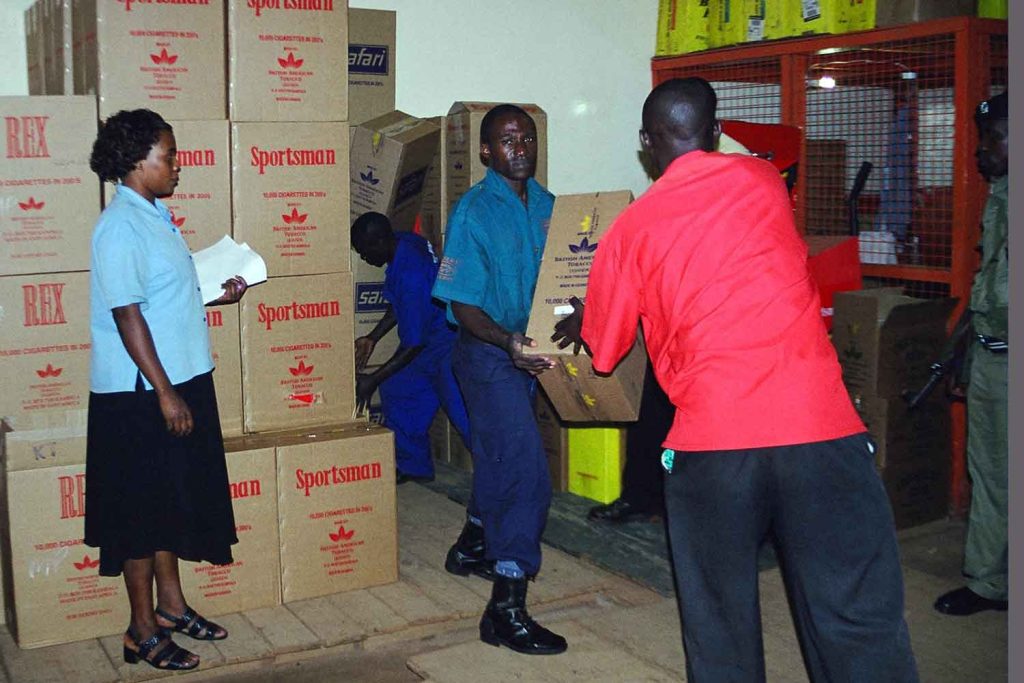BAT is urging the U.K. to introduce new regulations that the company believes will help the country achieve its “smoke-free” ambitions.
England wants to reduce smoking prevalence to 5 percent of less by 2030, with Wales targeting a similar timeline and Scotland four years later.
Ahead of the consultation on the Tobacco and Vapes Bill that ends Dec. 6, BAT is now publishing proposals that seek to minimize the underage appeal of, and access to, vapor products, along with the environmental impact of single-use e-cigarettes.
In addition to a ban on dessert and soft drink flavors for vapes, the company is calling for an end to marketing slogans and imagery involving toys, cartoons and sweets.
“Vaping is the key to unlocking the U.K.’s smokefree target,” said Asli Ertonguc, BAT lead for the U.K., in a statement. “As the largest manufacturer of vaping products in the U.K., we are clear on our responsibilities and are urging the government to introduce more stringent vaping regulations. We believe that underage users should never vape, so we want confectionery, dessert and soft drink flavors to be banned and the introduction of a new regime for how and where vapes are sold.”
In practice, this would mean requiring vape sellers to have a retail license, similar to that in place with alcohol and cigarettes, and which would be revoked if they were found to be selling to anyone underage, according to BAT. Retailers would also have to demonstrate to Trading Standards that they observe either Challenge 25 protocols or new technologies at point-of-sale locations which verify age, such as facial recognition cameras.
In addition to tackling underage vaping, BAT also wants vapes to be made more environmentally responsible. BAT wants it to be mandatory for single use vapes to have removable batteries, to make recycling more straightforward.
Five million single use vapes are thrown away each week in the U.K. according to 2023 research from recycling campaign group Material Focus—a fourfold increase since 2022. But only 17 percent of vapers recycle in the correct recycling bins, according to the same data.
Finally, according to BAT, products shipped to the U.K. should be subject to a mandatory testing program to ensure products are compliant with U.K. regulations before they can be sold.
“We recognize that some want single use vapes banned altogether, but we are concerned such a move would lead to unregulated sales, and less options for adult smokers looking to switch,” said Ertonguc. “Governments should wield their enforcement powers to help re-build confidence in vaping by ensuring adult consumers can buy legitimate products, and suitably penalizing those who fail to comply.”











